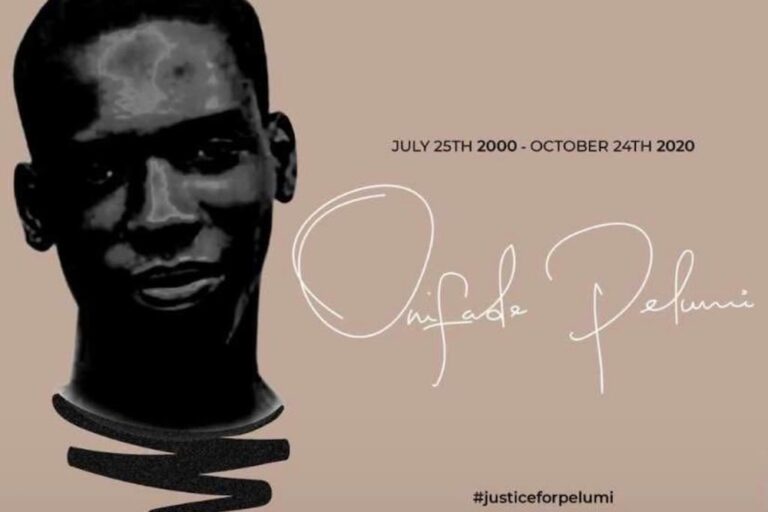(MRA/IFEX) – On 7 April 2006, Attah Ikharo and Jerry Adamu, two journalists with a privately owned television station, Degue Broadcast Network (DBN), were beaten by policemen, led by the Divisional Police Officer (DPO) in charge of the Garki Police Station in Abuja, Femi Ogedengbe. The incident took place while Ikharo and Adamu were covering […]
(MRA/IFEX) – On 7 April 2006, Attah Ikharo and Jerry Adamu, two journalists with a privately owned television station, Degue Broadcast Network (DBN), were beaten by policemen, led by the Divisional Police Officer (DPO) in charge of the Garki Police Station in Abuja, Femi Ogedengbe.
The incident took place while Ikharo and Adamu were covering protests by temporary staff hired by the National Population Commission in Abuja. The workers were protesting the fact that they had not been paid for their work as enumerators in the national housing and population census exercise held in Nigeria in March 2006.
Ikharo said that Ogedengbe led his men to the site of the protest ostensibly to maintain peace and order, because the enumerators were becoming restive over the delay in their payment.
According to Ikharo, “The DPO [Ogedengbe] himself threw a teargas canister into the crowd, even though the crowd didn’t provoke the police with any untoward attitude. However, the teargas caused pandemonium and confusion. Everybody was surprised, because the situation had not degenerated to the level of releasing teargas on the people.”
In the confusion that followed, policemen reportedly attacked the journalists.
Ikharo said: “At this point, the DPO held me by the neck and spat on my face while the others [policemen] similarly attacked my colleague. The two of us sustained injuries, with my colleague’s forehead gushing blood.”
The incident was later reported to the Inspector General of Police, Mr. Sunday Ehindero, and the Commissioner of Police for the Federal Capital Territory, Mr. Lawrence Alobi, who was reported to have queried Ogedengbe and to have reprimanded him for his conduct.
Ikharo said Ogedengbe was ordered by the Commissioner to apologise to the journalists and to pay their medical bills. Although Ogedengbe tendered a verbal apology, Ikharo added: “we have not seen the man to either ask us how we are doing or to see us while we were being treated at the hospital.”


